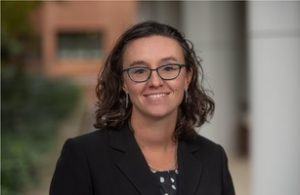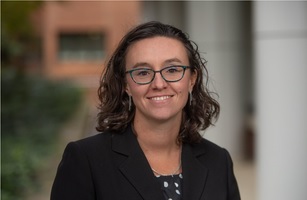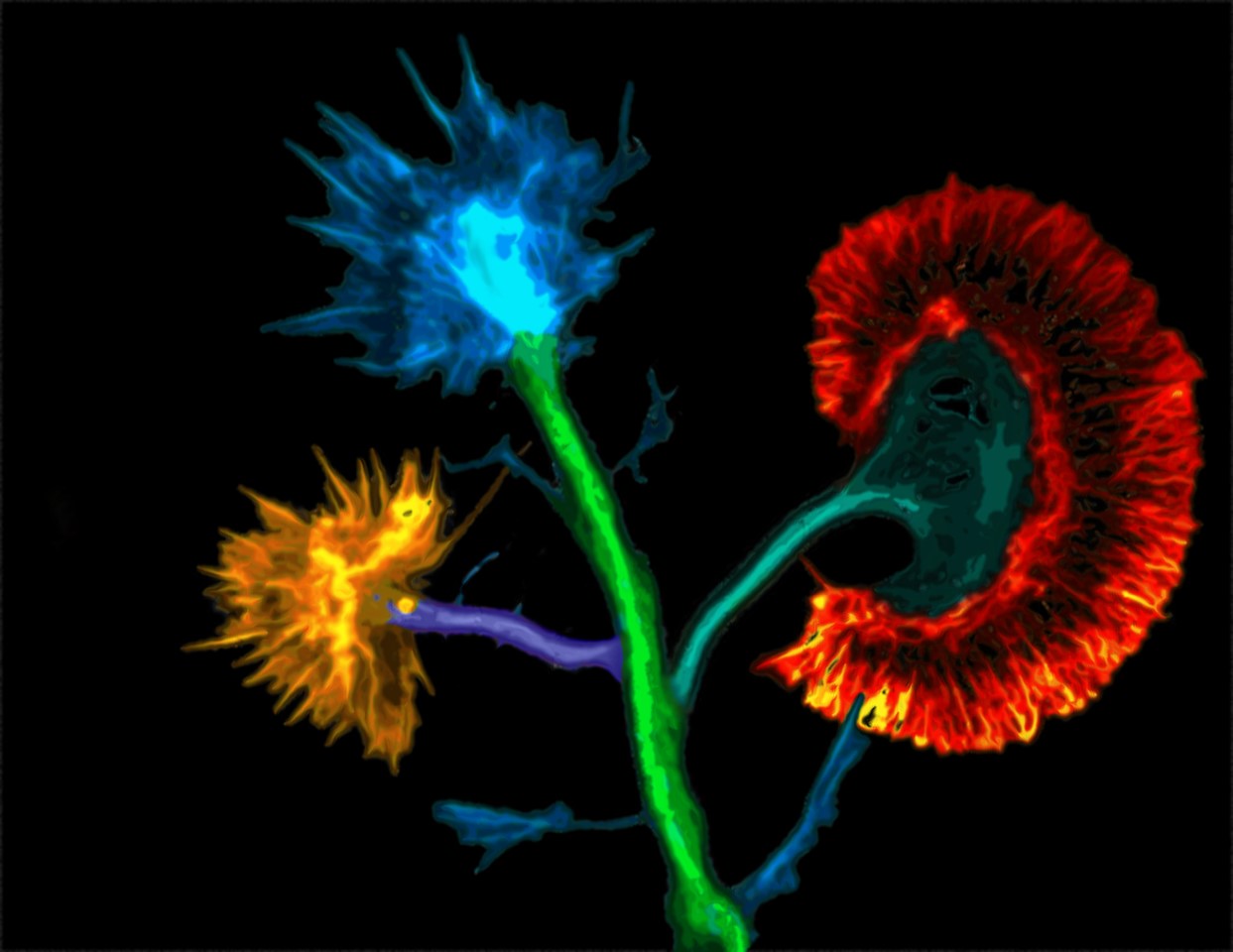The Researcher Signature Series features researchers across the School of Medicine. Read about Stephanie Gupton, PhD, Associate Professor of the Department of Cell Biology and Physiology, in our second issue.

The Researcher Signature Series features researchers across the School of Medicine. Read about Stephanie Gupton, PhD, Associate Professor of the Department of Cell Biology and Physiology, in our second issue.


Growing up in a rural town in North Carolina, Dr. Stephanie Gupton was captivated by the natural world, which has been the motivation and foundation for her groundbreaking research and esteemed career in cell biology and neuroscience.
Fascinated by photosynthesis and cell biology, Dr. Gupton earned her undergraduate degree in Botany at NC State (Raleigh, NC). She went on to obtain a Ph.D. in Macromolecular, Cellular, and Structural Biology at The Scripps Research Institute (LaJolla, CA) and completed her postdoctoral training at the Massachusetts Institute of Technology (Cambridge, MA). It was in 2011 that Dr. Gupton chose to return to North Carolina to start her independent laboratory in the Department of Cell Biology and Physiology in the UNC Chapel Hill School of Medicine.
For the past eight years, Dr. Gupton has led a ten-person lab, examining the fundaments of how cells work, how development occurs, what happens when the cells are manipulated. More specifically, Dr. Gupton and her team are investigating the role of two neuronally-expressed ubiquitin ligases, TRIM9 and TRIM67, in netrin-dependent axon guidance and branching. Using a variety of techniques—including high resolution live cell microscopy, gene disruption, mouse models, microfluidics, and biochemistry—her team seeks to understand the complex coordination of cytoskeletal dynamics and membrane trafficking driving neuronal shape change and growth cone motility in primary neurons and in the developing vertebrate mammalian nervous system.
Dr. Gupton has had numerous breakthroughs in fundamental neurobiology that are shaping the field of Neuroscience. To name a couple, in 2015 Dr. Gupton demonstrated that TRIM9 modulates filopodial stability during netrin-dependent axon guidance. This important paper was the featured article and contributed the cover image of Developmental Cell, and illuminated a critical part of the mechanism of axon guidance, a process that allows neurons, via axons, to reach specific targets that allows for specific senses. Building on this work, in 2017 Dr. Gupton published in Molecular Biology of the Cell that TRIM9-dependent inactivation of a receptor deleted in colon cancer limits axon branching – a critical finding as axon branching and axon guidance are essential for appropriate anatomy and adult brain function, and understanding the mechanisms behind these processes broadens our knowledge of human biology.
Dr. Gupton’s fundamental work has also led to a number of important collaborations to address specific diseases such as stroke and cerebellar degradation. One of these endeavors addressed excessive neuroinflammation, a key contributor to ischemic stroke, and in 2019 Dr. Gupton’s paper in Cell Reports defined a new mechanism by which TRIM9 reduced NF-κB-dependent proinflammatory mediator production, reduced neuroinflammation, and that administration of a recombinant TRIM9 adeno-associated virus to drive TRIM9 expression in the brain resolved neuroinflammation and reduce neuronal death in mice. In a different publication in Cerebellum in 2019, Dr. Gupton and her colleague examined the cerebellum fluid of paraneoplastic cerebellar degeneration (PCD) patients and found that antibodies against TRIM9 and TRIM67 were specific biomarkers of PCD, suggesting that these antibodies should be added to the testing panel for patients if PCD is suspected.
Since coming to UNC, Dr. Gupton has amassed over 20 publications, 4 book chapters, and has delivered over 35 presentations at national and international venues. She has also received many prestigious awards, including the Pierre Morell UNC Neurobiology Curriculum Mentor of the Year, a Jefferson-Pilot Fellowship Award in Academic Medicine, and was an ASCB/Gibco Emerging Leader Finalist.